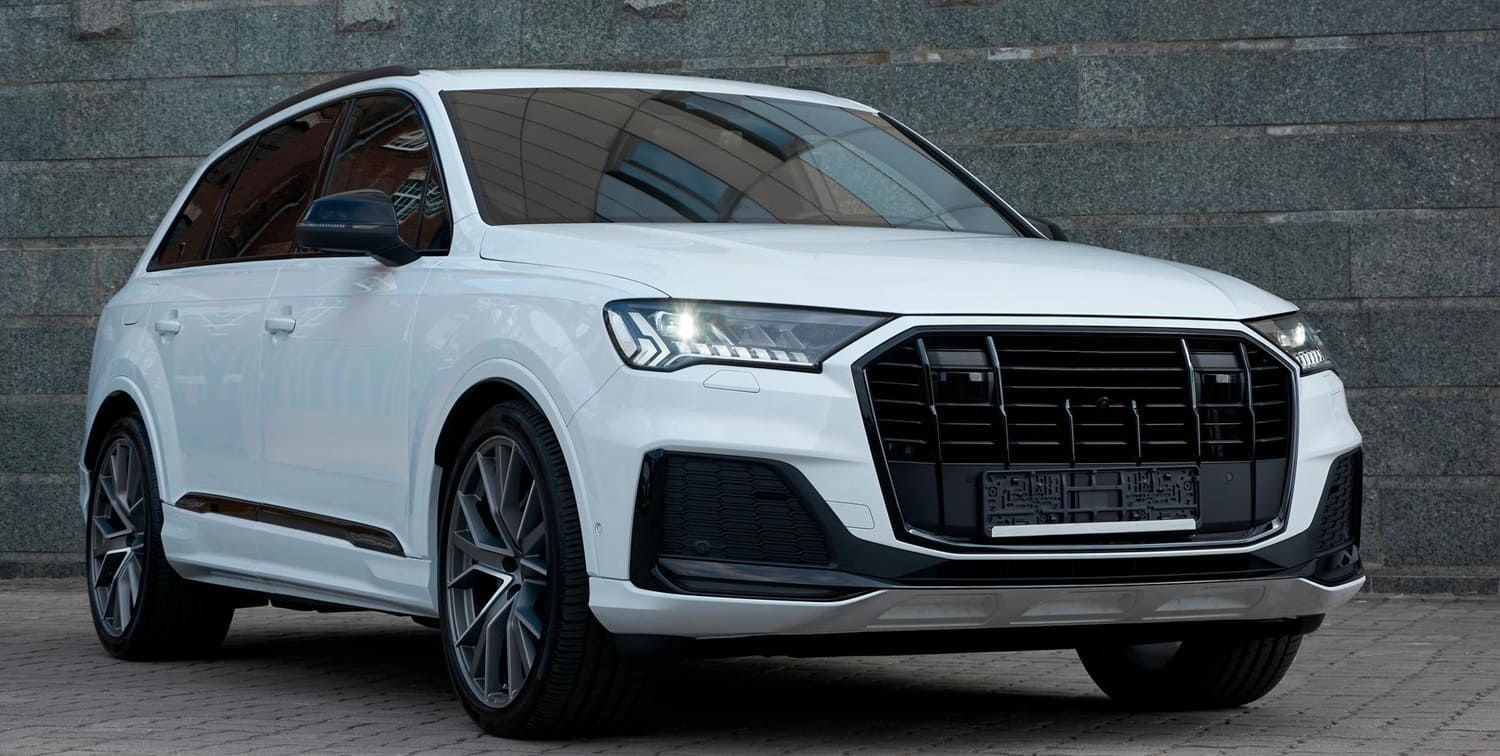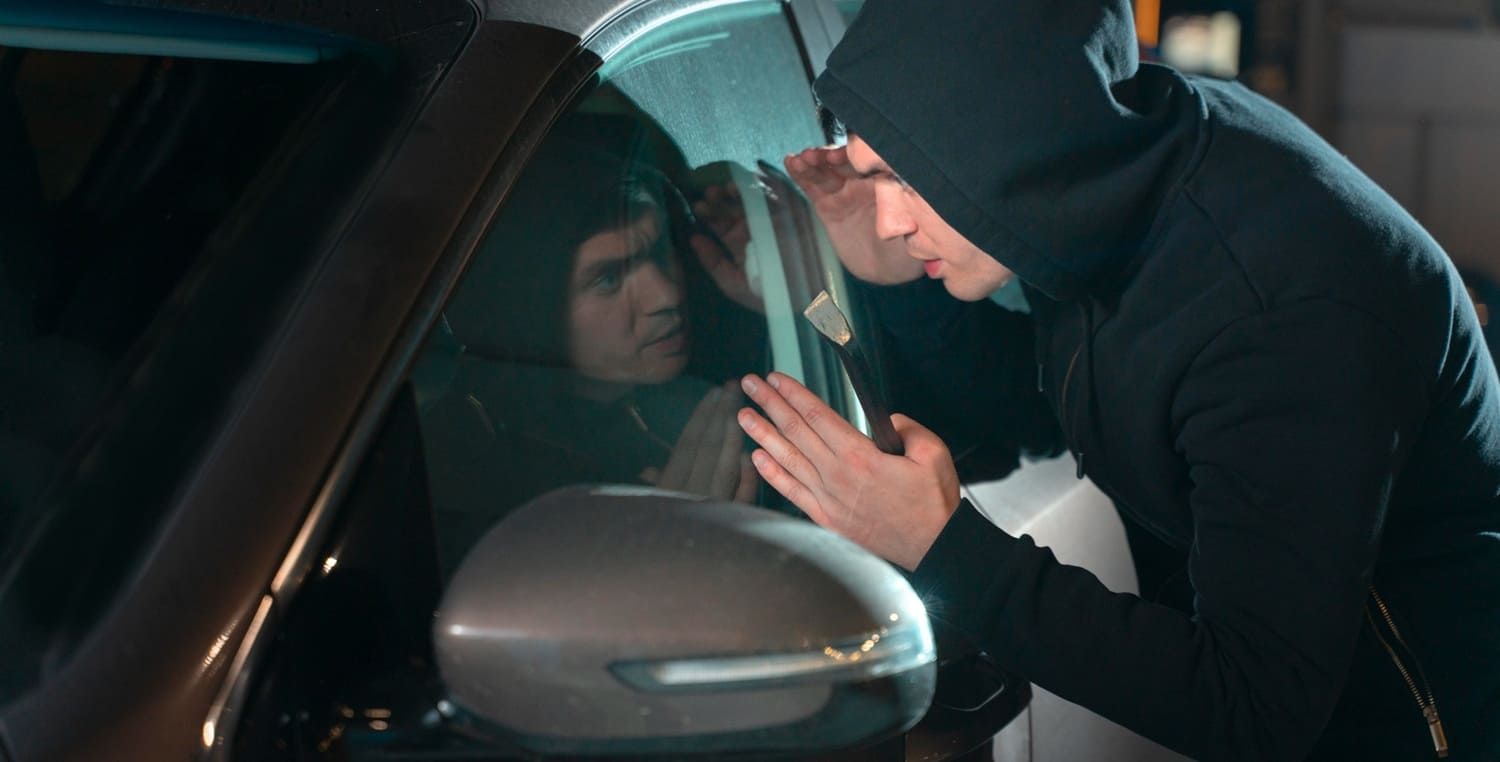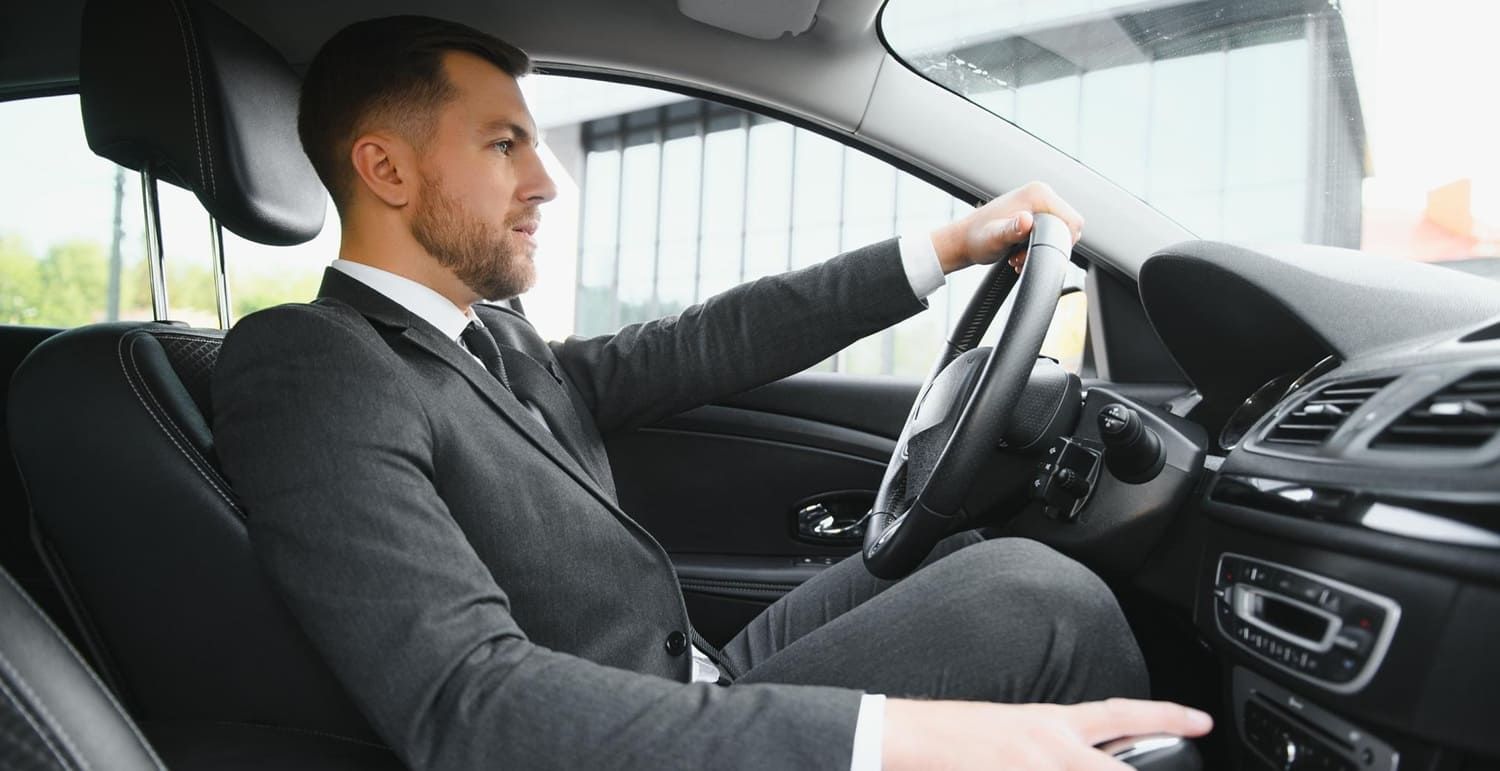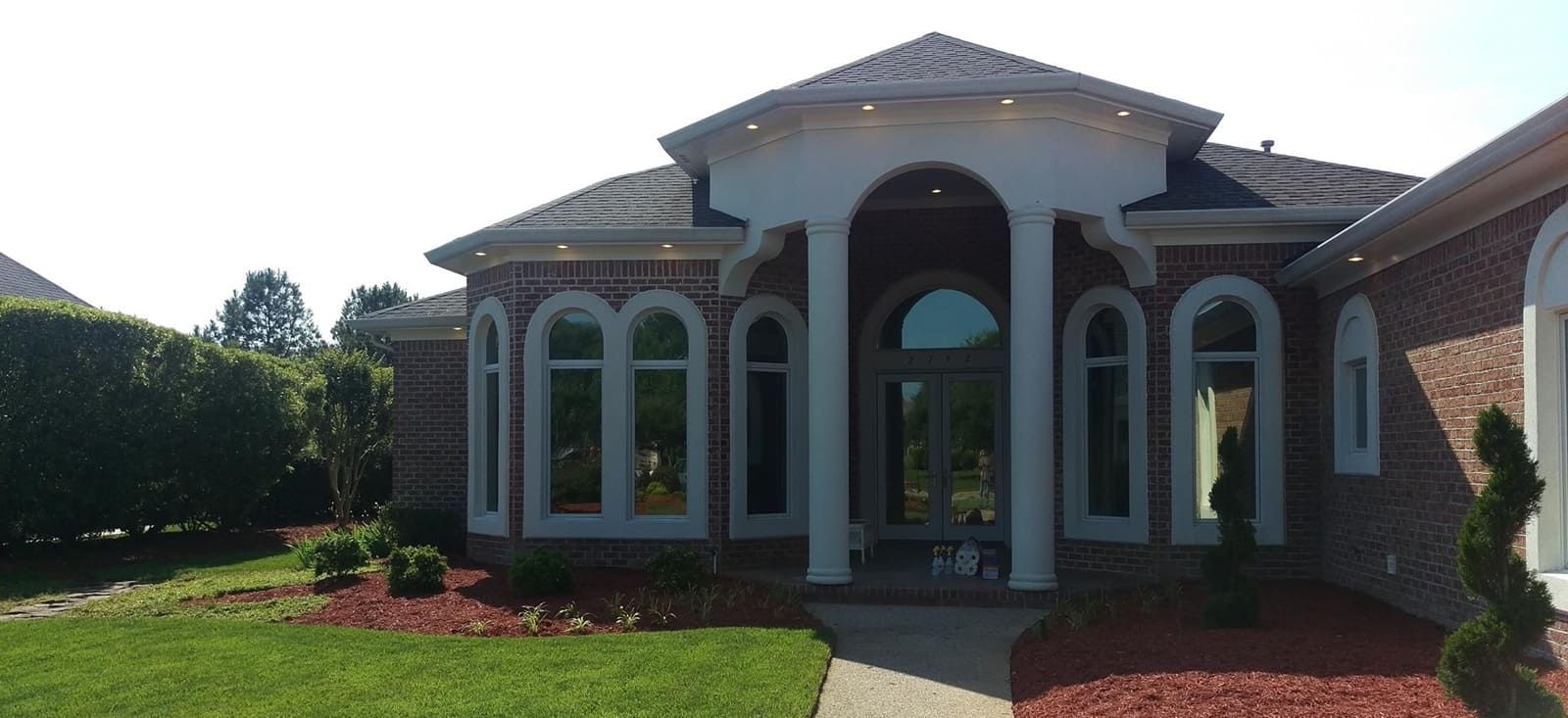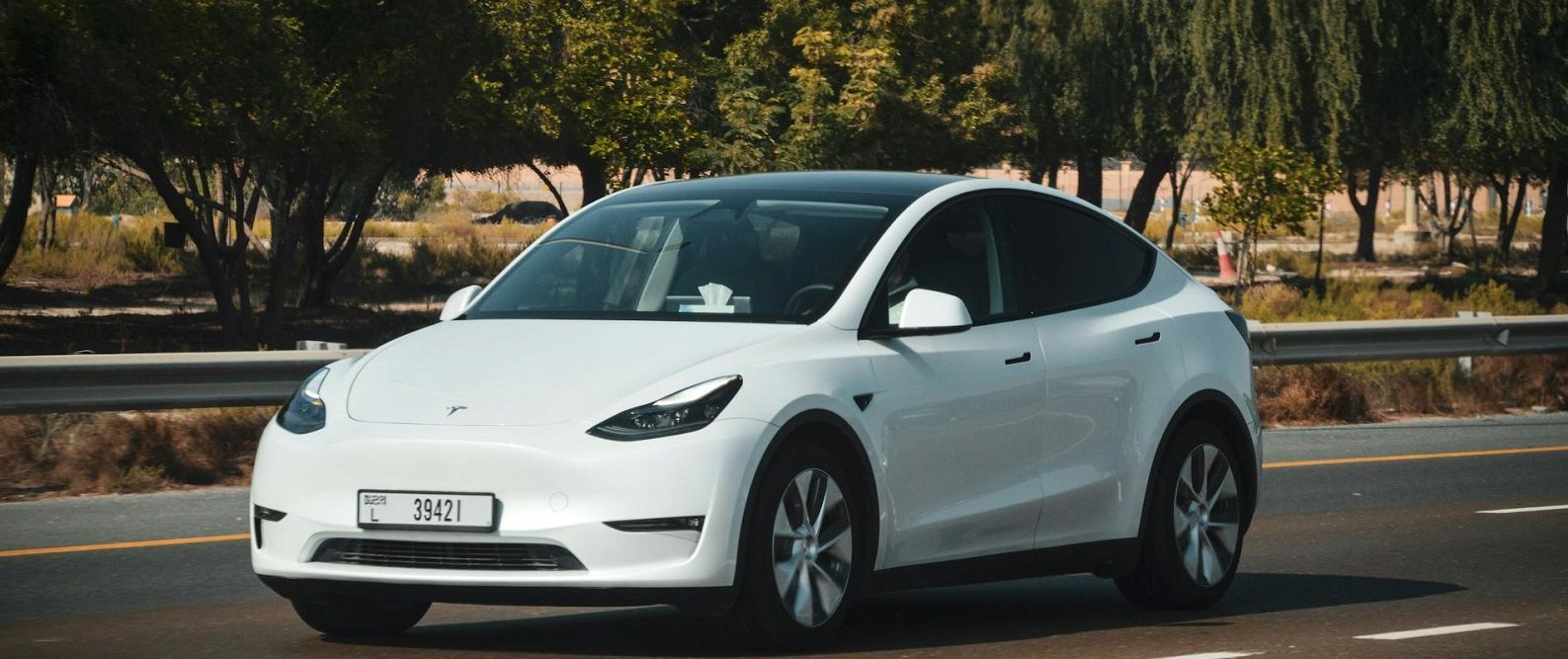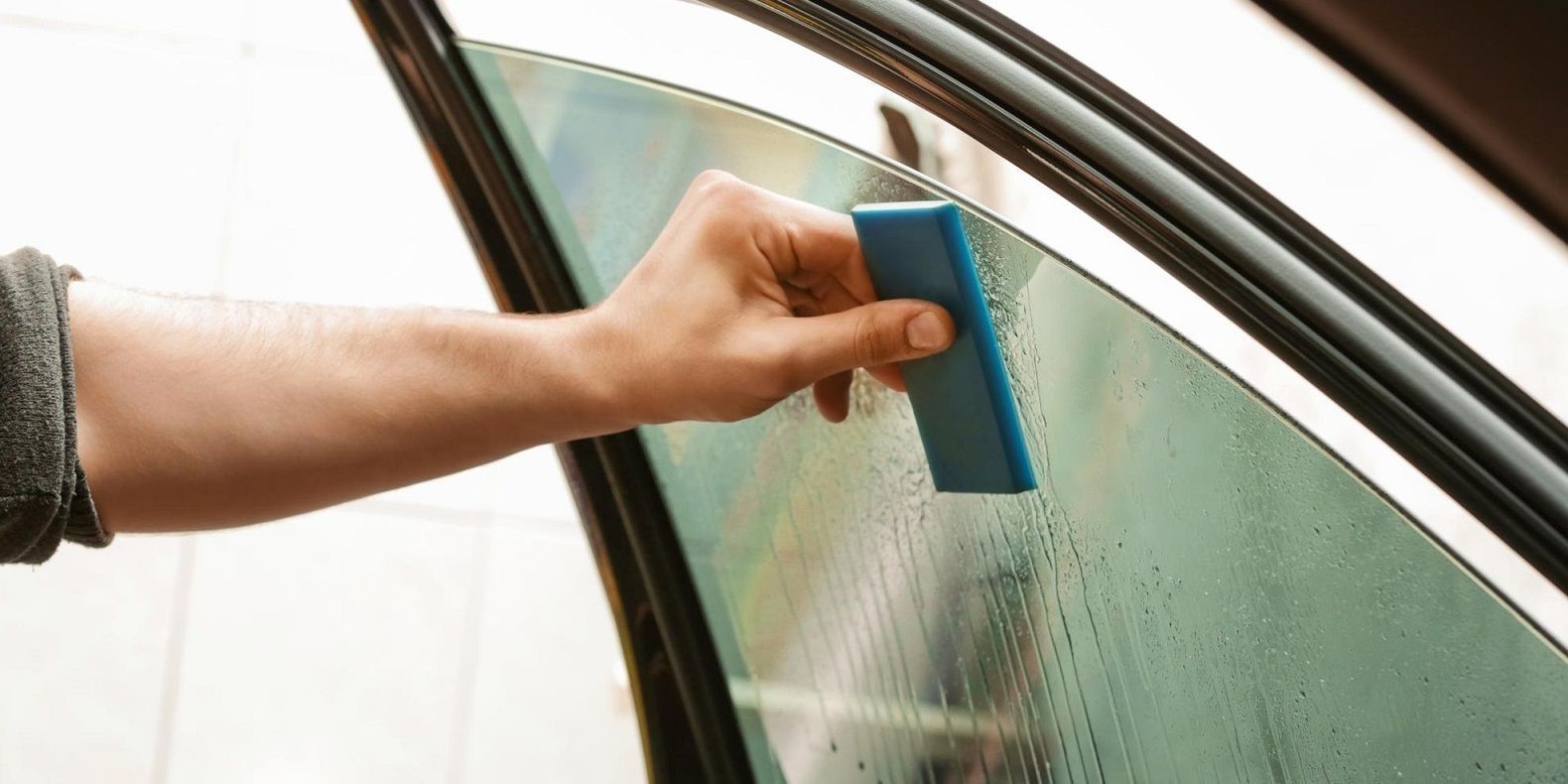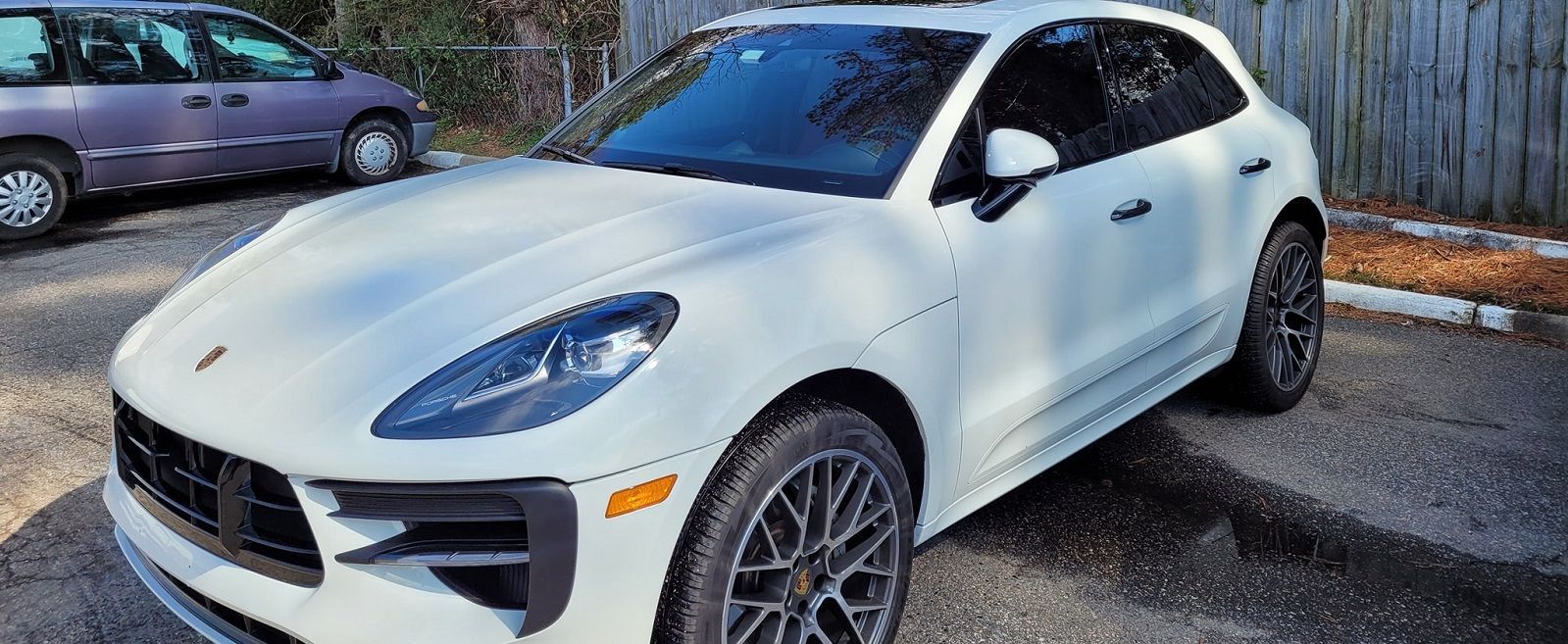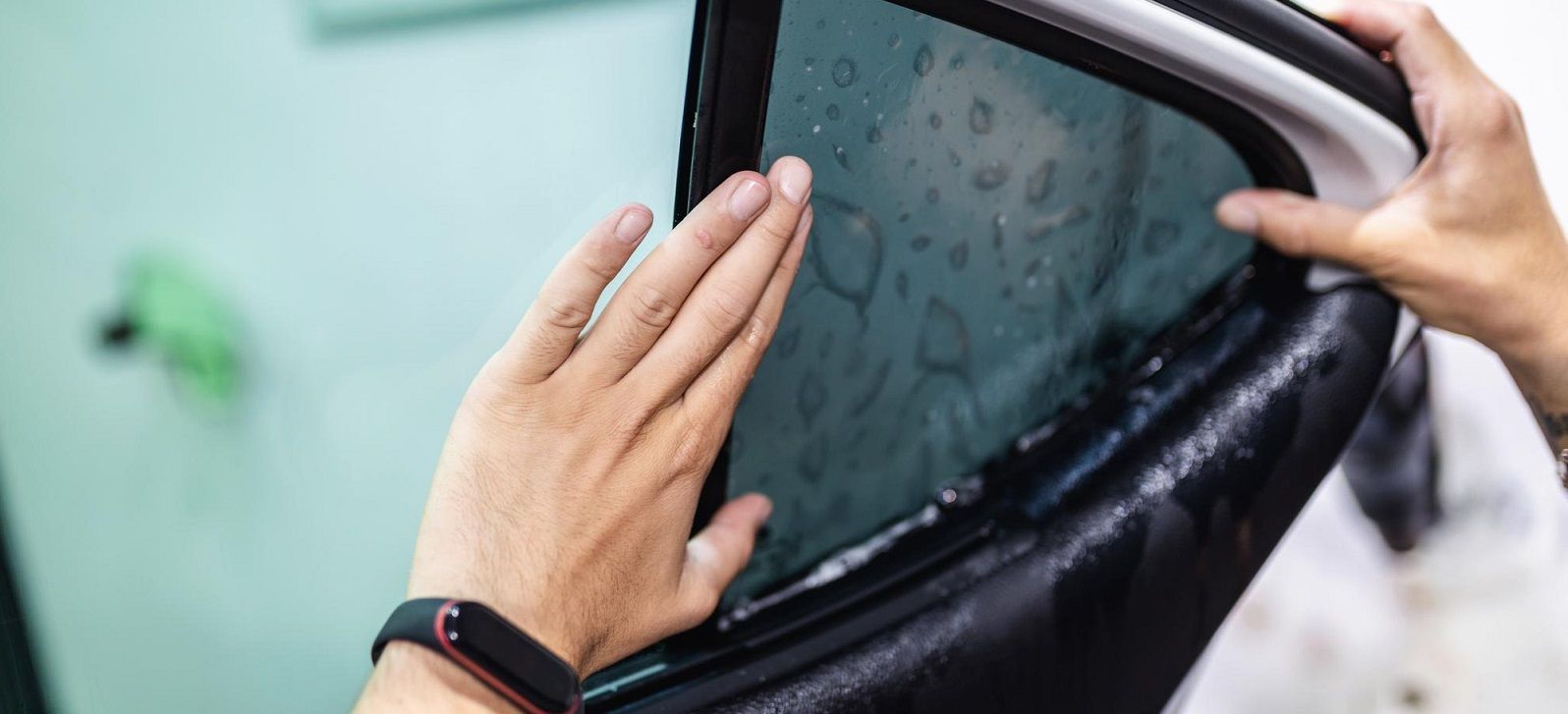What Are the Different Types of Car Window Tint for Vehicles?
There are many benefits to tinting your car windows, but what are the different types of car window tint available? See our guide as we look at auto window tint.
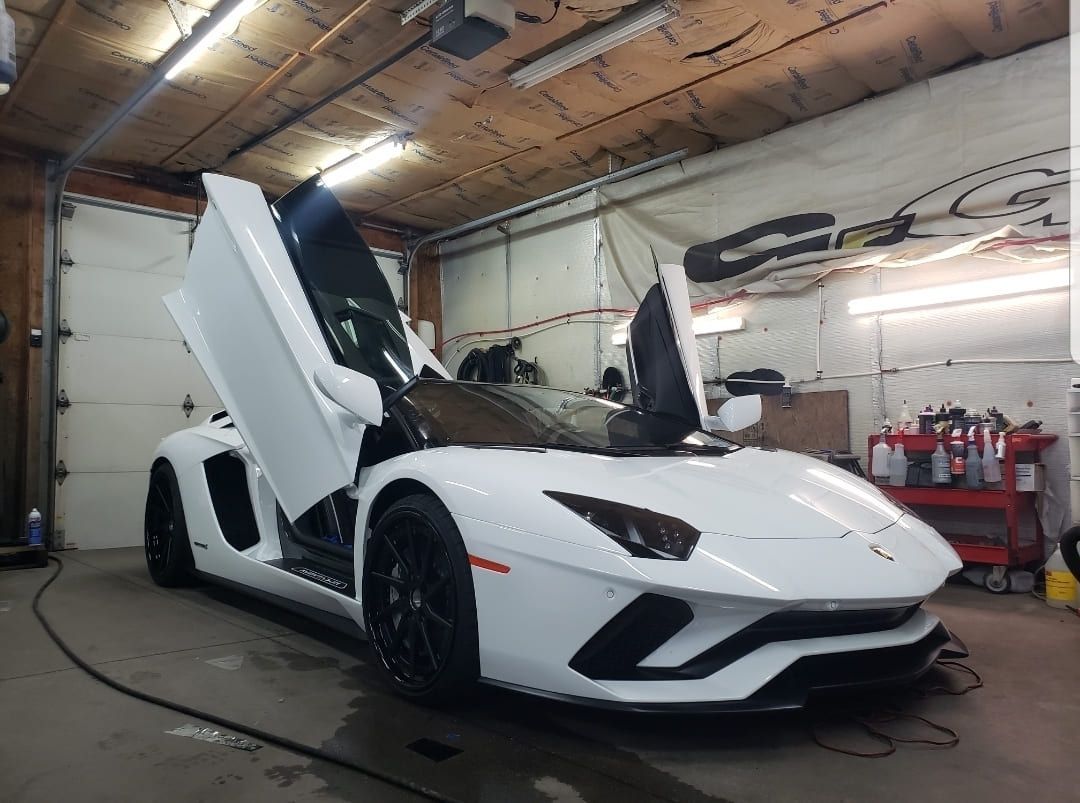
With summer on its way, it's no wonder Virginia Beach drivers are looking for ways to beat the heat in their cars. According to the National Weather Service, the temperature inside a car can reach 100 degrees Fahrenheit in under half an hour once the temperature outside hits 73 degrees! As the summer temperatures rise, the inside of your car can get blistering hot even faster.
That's where the right car window tint comes in. These tints can help block UV radiation, protecting you and your car's interior, and some of them even insulate your vehicle. However, with so many options available, how do you know which to choose?
Let's take a look at the six main types of car window tints available on the market today, including their pros and cons.
Crystalline Window Tint
We often put this type of window film under the umbrella of "window tint," but it doesn't tint your windows as much as the other options on this list. Instead, crystalline tints are almost transparent, meaning that you may not even notice that a car has this type of window film installed.
For car owners who don't see the appeal of darkened windows, crystalline window tint still offers many of the key advantages of traditional tints. It blocks both UV rays and heat despite its low opacity. It's also a great option if you want to ensure you're meeting Virginia's window tint laws.
Dyed Window Tint
Dyed window tint is the most cost-effective way to tint your car windows. If you're hoping to meet a certain aesthetic and don't need the extra benefits that come with other types of window tint, dyed film is a great option.
This type of window film has a special dye under a protective polyester coating. You can find dyed tints in different intensities and colors, allowing you to create any look you desire.
If you choose a darker tint, you can get a fair amount of privacy, and the film will also block heat and absorb some sunlight. You'll also have slight scratch protection from the protective top coating of the film. In addition, dyed tints won't wreak havoc with your electronics, which is a problem with some of the tints we'll discuss below.
However, dyed window tint has its drawbacks as well. Regular exposure to sunlight will make the color of this type of film fade over time, and it doesn't offer much UV protection. Dyed film is also more likely than other tints to delaminate and peel over time.
Metalized Window Tint
As the name suggests, this window tint contains metal microparticles. These microparticles enhance your windows' reflective qualities. For this reason, you'll notice that metalized films have a shinier look than dyed tints, which are matte.
Where dyed films absorb sunlight, metalized tints reflect it. This makes them much more effective in terms of blocking heat and protecting you from UV rays.
Metalized tints are less prone to fading and damage than other types of tints. They're also more durable in general, strengthening the surface of your windows. This can help make the glass more shatter-resistant.
These vehicle window tints have a few disadvantages that can be dealbreakers for certain drivers.
First, the metal microparticles in these films can interfere with electronics. This can make it hard to use your phone or GPS.
In addition, some car owners dislike the reflective look of this type of tint. Metalized tint is also more expensive than dyed tint.
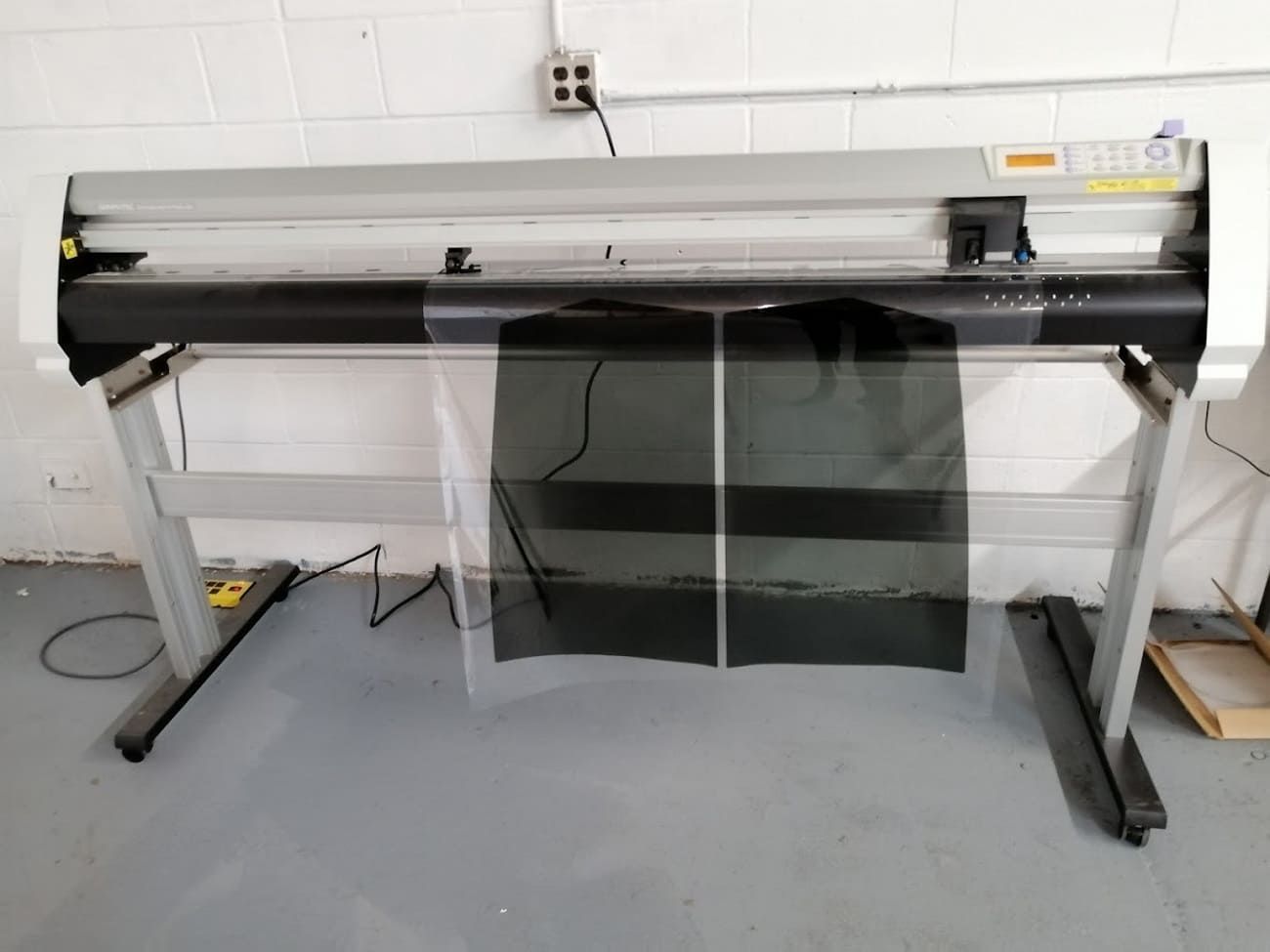
Hybrid Window Tint
Hybrid window tints do what their name suggests: they combine the two different tints above. This gives them the strengths of both metalized and dyed tints. Under the protective top coat, hybrid tints have a dyed layer that contains metal powder.
The resulting window film has more of a matte finish than a traditional metalized film. Thanks to the dye, the film darkens your windows and blocks light from getting in. Thanks to the metal powder, it protects against UV radiation and can prevent windows from breaking.
For drivers who worry about using their devices in the car, a hybrid option may be the best car window tint option, as these films won't interfere with electronics as you drive.
The price tag for a hybrid tint sits somewhere in between the expense of a metalized tint and the low cost of a dyed film.
Carbon Window Tint
Carbon tint is one of the best types of car window tint all around. Made of polymer and carbon, these complex films have hundreds of protective micro-layers.
The resulting film offers all of the key benefits of window tint. Its matte finish offers stellar glare-blocking and protection from UV radiation, and it can also help protect your car's interior from sun damage. It provides better insulation than any other window tint, keeping your vehicle cool in the summer and warm in the winter.
Carbon window tint also has a beautiful matte finish that many car owners love. Unlike metalized tint, it won't interfere with any electronics in your vehicle.
As you might expect, these premium features come at a cost. Carbon tint is one of the most expensive options on this list, surpassed only by ceramic tint.
Ceramic Window Tint
Ask any expert tint installer about your best option when choosing car window tint, and they'll probably say "ceramic film." This option works in the same way as metalized tint, except that the layer of microparticles between the topcoat and the adhesive contains ceramic, not metal.
Ceramic is nonconductive and won't interfere with your electronics. It's also a great insulator, helping to regulate your car's temperature year-round. It blocks UV light, won't fade over time, and adds shatter-resistant protection to your windows.
All of these properties make ceramic tints expensive. However, it's hard to beat the quality and protection that these tints provide.
Trust Us With Your Car Window Tint
Finding the right car window tint for your needs, preferences, and budget can be tricky. However, you don't have to do it alone! Reaching out to an experienced installer is a great way to narrow down your options and find the perfect window film for your needs.
At Applied Film Technology, our team is proud to serve Virginia Beach and surrounding area car owners. Contact us today with questions or get a free auto tinting estimate online.
